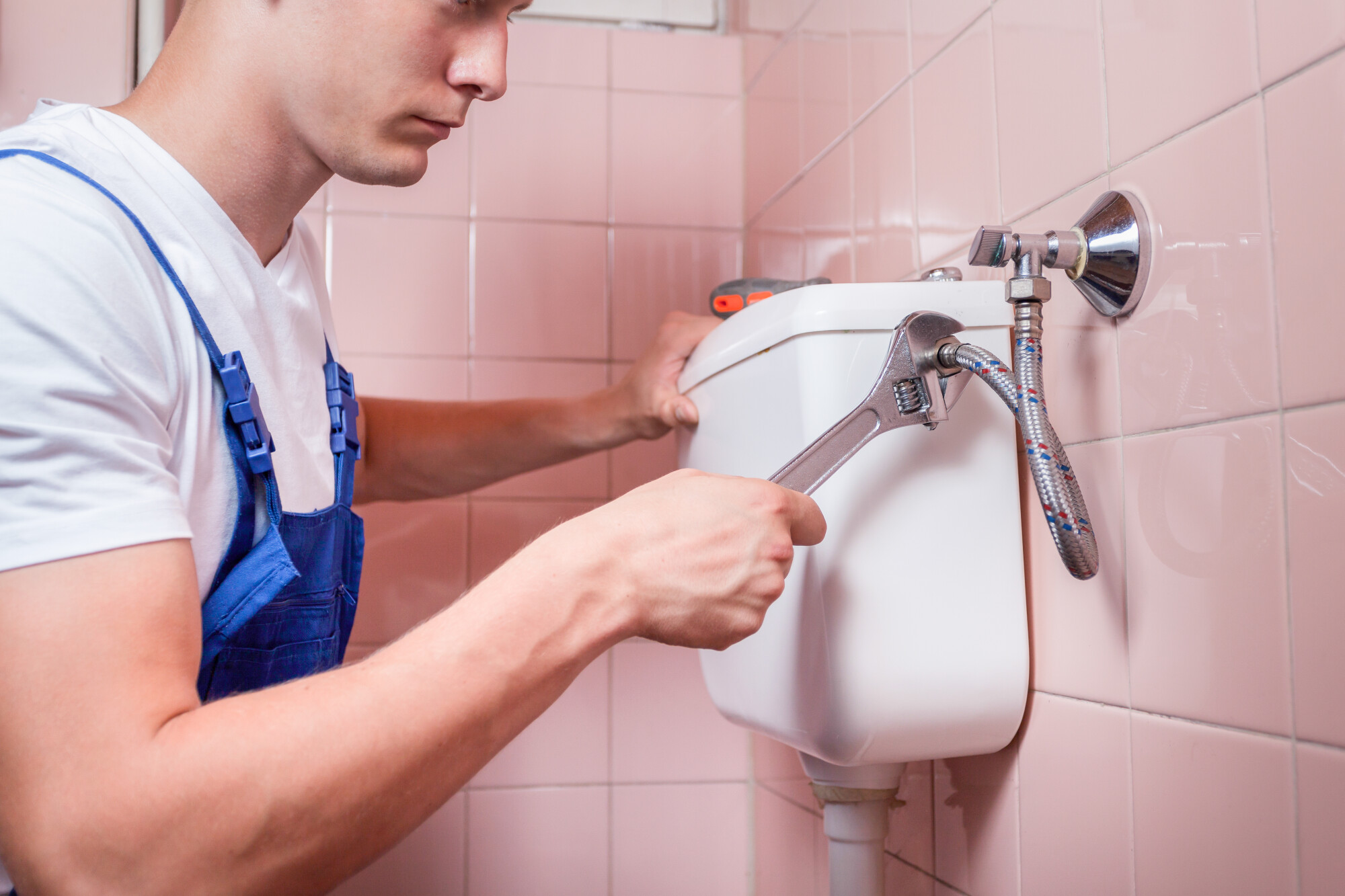
5 Plumbing Tips for New Homeowners
Regardless of your line of work, you know how trying new things out can sometimes be challenging. Owning a new home is not an exception.
Every home comes with its own set of appliances and tools that you may likely need to handle on your own. Take plumbing issues for instance. No one wants their home affected by leaks and clogs because you didn’t know how to take care of it.
To help you out, here are some plumbing tips for new homeowners to help you save precious time when it comes to taking care of their homes.
1. Don’t Use Chemical Drain Cleaners
New homeowners should be aware of the dangers of using chemical drain cleaners in their plumbing. These chemicals can erode pipes, cause moisture damage, and can permanently stain surfaces. It is best to avoid these chemicals and instead opt for natural methods of clearing drains.
Regularly use a natural drain cleaner and make sure to have a plumber come and check yearly to ensure the health of your plumbing system.
2. Know Where the Main Shutoff Is
This is the shutoff valve that stops the flow of water coming in from the street. Usually, this valve is located in the basement near the water heater or the outside near the water meter. It is important to know where it is and how to use it in the event of an emergency such as a burst water pipe.
3. When to Call a Professional Plumber
While there are a variety of minor plumbing repair issues that can be handled with a few DIY tips, some jobs should always be handled by qualified professionals. If you experience leaking or broken pipes, if your plumbing system is starting to back up or if you need to install significant updates or appliances, it’s best to call a professional plumber who knows how to do septic tank pumping.
4. Inspect Your Pipes Regularly
Regular inspections provide an excellent opportunity to detect any developing issues with your plumbing system before they become costly repairs. Common plumbing problems like leaking pipes, drain clogs, and water pressure issues can all be easily prevented by inspecting your pipes at least twice a year.
5. Protect Pipes from Cold Temperature
Setting the thermostat to an appropriate temperature (in the recommended range of 47-68 Fahrenheit) and maintaining a steady indoor temperature can help to protect pipes. Additionally, make sure to disconnect any outdoor garden hoses, insulate outdoor faucets, and install outdoor pipe covers to further protect against cold temperatures. A combination of these precautions can help to protect pipes and keep them in good condition.
Plumbing Tips to Follow
Overall, plumbing maintenance is a simple task for all homeowners to stay on top of. Regular inspections, leak detection, and regular maintenance are a few of the plumbing tips that you need to follow. To ensure that your plumbing system is working correctly and safely, make sure to contact a professional plumber to service your system regularly.
Found this interesting? Read the rest of our blog and learn more!


